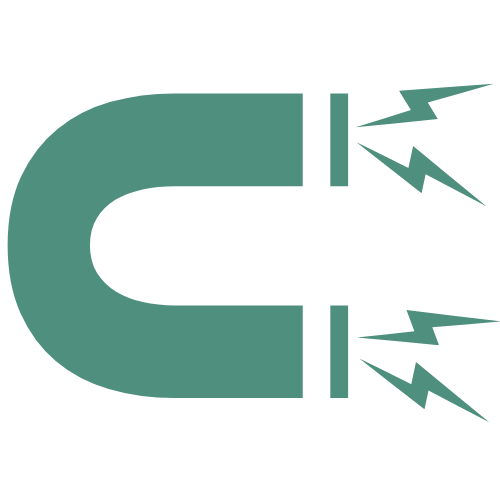How do you go from interview survival to interviews that earn job offers? Here are four simple steps to hone your interview into one that feels great to you, addresses what matters most to your interviewers, and ultimately, earns job offers.
Step 1: Begin to practice a positive mindset.
Mindset matters.
Yes, in order to develop interviews that earn job offers, I want you to plan, research, practice, and prepare, too. And I’m going to give you some specific instructions. But first, I want you to operate from a place of positive mindset. The way you think affects how you feel, which not only can be sensed by others – like your interviewers – but even more importantly it affects how you act, speak, and what you do.
There’s a ton of evidence – hard research – these days that shows how success doesn’t create happiness. It’s the other way around.
When you can get in a positive state of mind, you create successes.
Clean up your thinking.
Get clear about your fears and doubts about the interview. Write them down. Get them out of your head before you practice and especially before you go to the interview.
If you think interviewers are out to eliminate you, write that down.
Maybe you made a big mistake on your last job. Write that down.
If you’re new in your field, write down your concerns.
Then, consider what else is true. It might be the opposite of your fear. One of my favorites is: They want to hire you. Write down the opposite thought and, if you feel energized by it, channel that feeling as you prepare for the interview.
Visualize the win.
If you’ve ever participated in sports or performance arts, maybe you’ve got some practice with visualizing the win.
Learn more: Visualize your way to a successful interview.
Commit to daily practice.
Get in the mindset that you’ll spend a few minutes every day preparing for your interview. I like talking out loud in the car or the shower, getting used to the sound of my voice talking about my work. It all starts with the mindset to practice.
Step 2: Planning Phase.
This is where you think about the big picture of the interview. What can you research, anticipate, and ask that will get your interview closer to a job offer?
Research the position.
Devour the job description, LinkedIn, your network, and the interwebs to get to know everything that you can about the organization, interviewers, and industry you’re interviewing with.
What do you need to know to speak with confidence and be relevant to the position?
What are their priorities when choosing a candidate?
Put on your thinking cap and employ your deductive reasoning. What do they care most about when deciding who to hire?
Read more about determining their priorities:
Why should they hire you? The secret to getting your resume noticed without lying, exaggerating, pandering, begging, bragging, or selling your soul.
Job search first step: Know your audience.
Who-What-WIN: Your simple strategy to win your next job interview.
List questions you anticipate being asked.
You can’t prepare for every question. Some interviewers and organizations love to get original. Others might have recently dealt with an unfortunate situation, so they’ll focus questions toward those specifics. But there are common interview themes. Prepare for everything you can anticipate. That will help you to be on your toes for the surprises.
What do you expect them to ask?
Which questions have you been asked before?
What would you ask, if you were hiring for this position?
Prepare relevant questions for your interviewers.
Most interviews end with a customary final question: “Do you have any questions for us?”
This is your opportunity to not only learn important information, but also to impress upon the interviewers what a great fit you are, how qualified you are, and that you want the job.
Your first step is to brainstorm questions you’ll need answer to in order to
- determine whether the job, team, or organization are a good fit
- know you’ll do a good job and demonstrate you’re already “on the job”
- understand their process
From that list, choose only the most appropriate, and make sure they haven’t been answered at some point in the interview.
Step 3. Practice Phase
This is where you prepare and rehearse your answers to
- Anticipated questions
- Tell Us About Yourself
- Why This Job?
- What’s your greatest weakness
- Tell us About a Time When
Also prepare:
- 2-3 Talking Points to address their priorities (see: Planning Phase)
- Closing Pitch.
Practice, practice, practice.
- Alone, out loud
- With a friend
- On video
Step 4. Prepare for the video interview
Even before the pandemic, 63% of companies used video in their interview process. Now, the number is 86%! With more interviews being conducted remotely now than ever, you’re very likely to be interviewed by video.
Consider these details and test in advance:
- Background – real is best, if you can make it suitable
- Sound & video check
- Internet connection
- Professional attire
- Eye contact
- Positive body language
Take the time to master your mindset, plan, practice, and make video preparations to go from interview survival to interviews that earn job offers.
Want to #AskJennifer a question of your own to answer next time? Ask it here!
Want more information right now on how you Recession-Proof Your Career? Sign up for my FREE mini-course right here!


